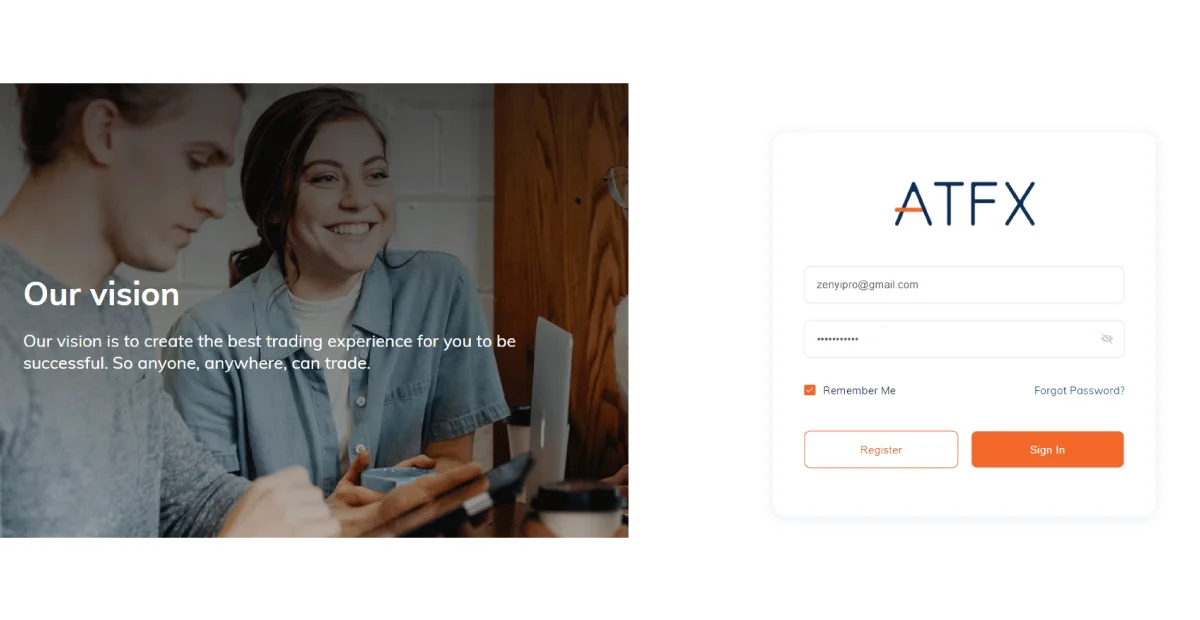trading cfd
Trading cfd
If you are feeling ready to start trading CFDs, the Trade.MT5 account from Admirals may be the perfect place for you! A Trade.MT5 account allows you to trade CFDs on Forex, commodities, shares, ETFs, stock indices and more Versus Trade! In order to open an account and start trading CFDs, click the banner below:
CFD trading is designed to mimic trading each underlying market relatively closely. Our CFD prices are driven by the movements of the underlying market. Some asset prices have a spread built into the buy and sell price, while other CFD trades will incur a commission – it all depends on which market you’re trading.
You can monitor all your open positions on the trading platform and close them by clicking the ‘close’ button. If you opened your position by buying, you could close by selling the same number of contracts at the sell price – and vice versa.
Cfd trading account
CFDs are financial derivatives. Traders can speculate on the price movements of various assets without owning the underlying asset. They are highly flexible instruments – meaning CFDs have both advantages and risks, which traders need to be aware of. Some of the key characteristics of CFDs include:
CFDs cover a wide range of markets, including stocks, indices, commodities, currencies, and cryptocurrencies. This provides traders with opportunities for diversification within a single trading account.
The combination of spread costs, overnight financing charges, limited regulatory protection, and amplified losses through leverage means CFDs are best suited for knowledgeable traders with robust risk management strategies and enough capital to withstand drawdowns. Regulatory bodies worldwide have recognized these risks, with the European Securities and Markets Authority putting more protective measures in place for retail investors and the SEC prohibiting CFD trading for American retail traders entirely.
In conclusion, venturing into CFD (Contract for Difference) trading presents both opportunities and risks, making it very important for beginners to understand various aspects of this financial instrument before engaging in the market. Remember to always trade with trusted and reputable brokers.
While leverage enhances the potential for profits, it also significantly increases the risk. If the market moves against your position, losses are also magnified, and it’s possible to lose more than the initial investment. Furthermore, given the risks associated with leverage, effective risk management becomes essential. Traders often use tools like stop-loss orders to limit potential losses and set a maximum amount they are willing to risk on a trade.

Online cfd trading
The ‘Copy Trading’ phenomenon has grown to exponential heights in recent years. As we briefly explained earlier, this allows you to copy a successful trader like-for-like. In doing so, this allows you to actively day trade CFDs without needing to have any experience. In other words, this is a 100% passive way of accessing the global financial markets.
CFDs are complex instruments and come with a high risk of losing money rapidly due to leverage. 61% of retail investor accounts lose money when trading CFDs with this provider. You should consider whether you understand how CFDs work, and whether you can afford to take the high risk of losing your money.
My guide to CFD trading will explain what CFDs are and how they work, dive into the pros and cons of trading CFDs, and demonstrate how CFDs are different from forex and stocks. I’ve also tested over 60 CFD trading platforms to help you choose the best CFD broker for your needs.
Based on our extensive experience, the top CFD providers offer popular third-party software like MetaTrader 4, which is great for advanced traders interested in technical analysis and algo trading, alongside user-friendly proprietary platforms and mobile apps that deliver an intuitive user experience for beginners.
